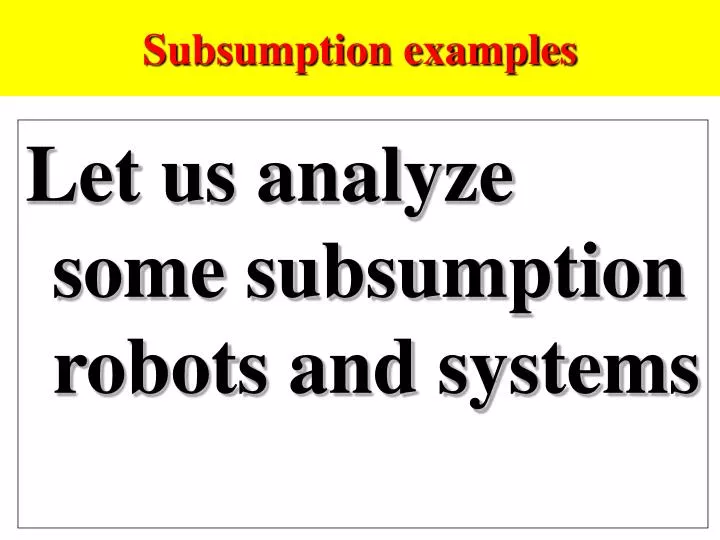

Technical Requirements means the Technical Requirements in Section VII of the tendering documents. Habitats of endangered or threatened species are identified using the Department's Landscape Project as approved by the Department's Endangered and Nongame Species Program. The first strat- egy which attempts to do this is called Subsume (see Table 1 for a summary of all the strategies, with examples).Įnvironmentally constrained area means the following areas where the physical alteration of the land is in some way restricted, either through regulation, easement, deed restriction or ownership such as: wetlands, floodplains, threatened and endangered species sites or designated habitats, and parks and preserves. The strategy tries to broaden the user’s goal from obtaining a specific piece of in- formation to just hearing some general interesting information about the piece.The second strategy is Subsume Split, which is similar to Subsume but gives the user a choice of what subsuming information they prefer. These service interface states are adapted to the service interaction structure using Subsume. Intersections in the UNESCO Universal Bioethics Declaration,” Journal of Medical Ethics 31 (2005): 173-178.19 See Baker, “Bioethics and Human Rights.”20 See Baker, “Bioethics and Human Rights” Faunce, “Will International Human Rights Subsume Medical Ethics?”21 See, Richard E.Īpproach 1: Extend the Private Company Alternative to Subsume Certain CRis and all NCAs into Goodwill c. Through the rule Subsume in line 24, the supposedly intercepted events and/or properties are transformed into the special form of the service interface.

In the second (single) the system uses a single strategy, either Subsume Split, or Fake.
SUBSUME DEFINTION FREE
People working on this issue don't tend to mention anything about randomness here, so this might be one of those places where there's a disconnect between random people and people who work on this issue.Īnyway, a prima facie, theory-neutral definition of free will is something like this: the capacity to exercise agency in determining one's actions, in a state of affairs where this capacity is sometimes exercised.Option 1: Subsume ETA approval for Wi-Fi products under MTCTE scheme.Īpproach 1: Extend the Private Company Alternative to Subsume Certain CRIs and all NCAs into Goodwillb.Īpproach 1: Extend the Private Company Alternative to Subsume Certain CRIs and all NCAs into goodwillWhile this approach would align the guidance for private companies and not-for-profit entities with the guidance for PBEs, we do not support optionality for PBEs, consistent with the findings in the Pozen Committee Report. My question is how would one define free will in a consistent way without using something like randomness? And it would be a mistake to imagine that the way the debate is carried out by randomly selected people tells us much about the debate itself. We're likely to have two very different results, on this point, depending on which kind of people we have in mind. I think it's worth distinguishing here between whether the "people" you have in mind are just randomly selected people or whether the "people" you have in mind are academics whose research is in this field. “Free will” isn’t well defined for the people discussing. When I see people debating about free will, it seems to me that the debate is caused by confusion.


 0 kommentar(er)
0 kommentar(er)
